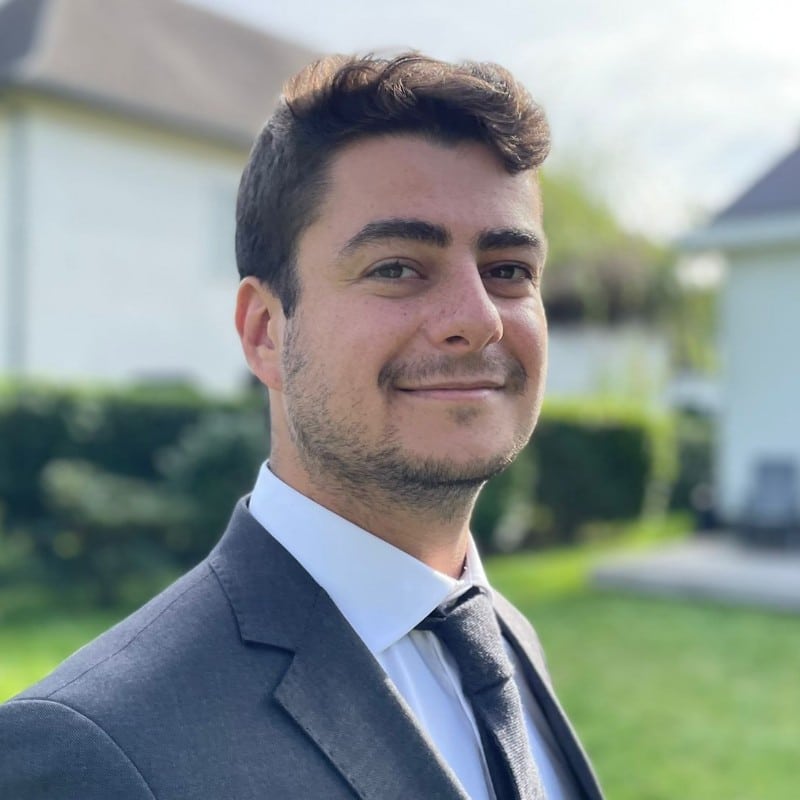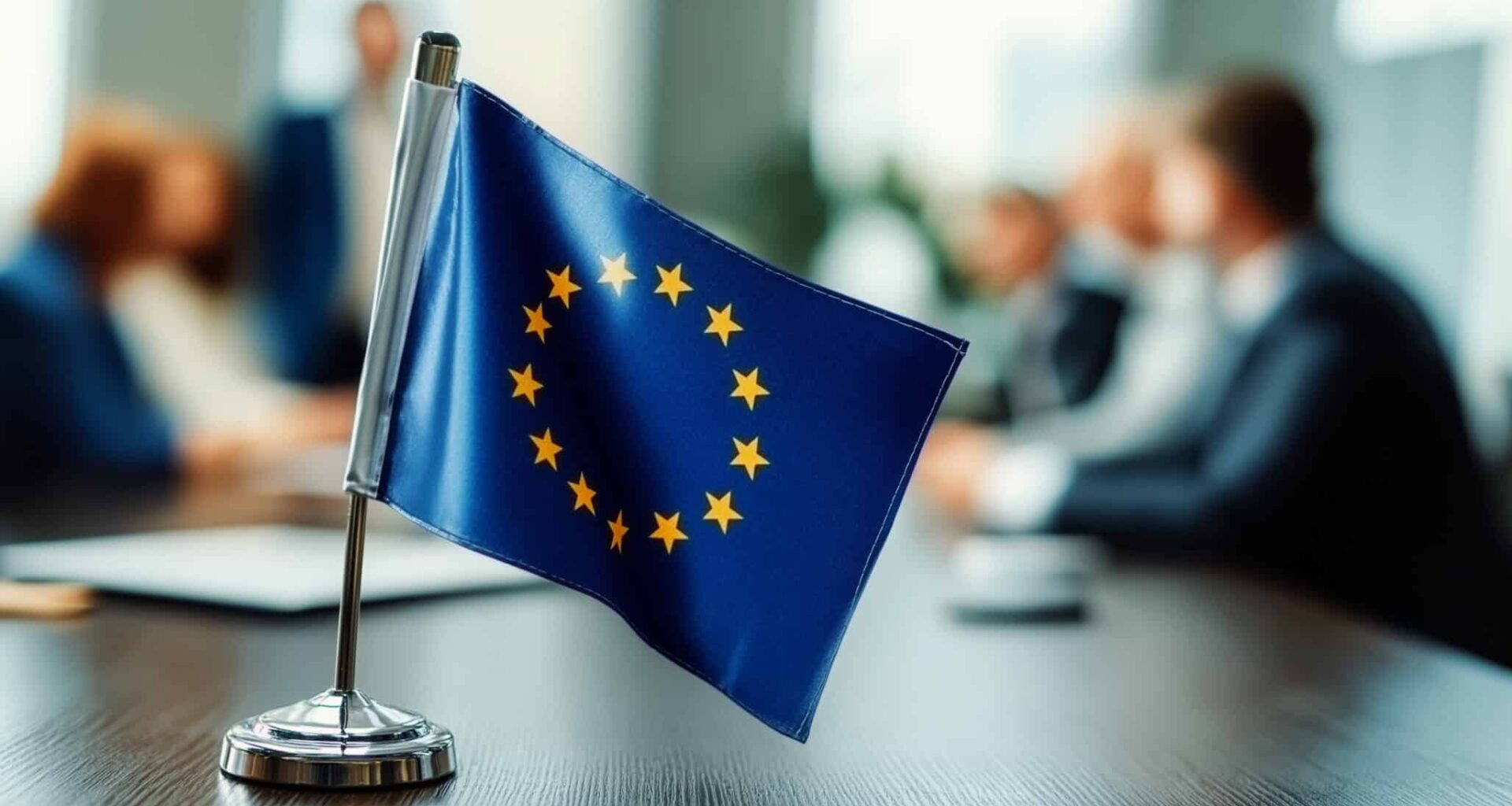Federico Vittorio Pisani has joined Euroseeds as Manager of Development Cooperation and Genetic Resources, bringing extensive experience in bridging policy, innovation, and international collaboration.
Seed World Europe (SWE): How do you plan to navigate the complexities of international treaties like the Nagoya Protocol in facilitating access to genetic resources for plant breeders?

Federico Vittorio Pisani (FVP): Navigating the complexities of international treaties such as the Nagoya Protocol or the International Treaty on Plant Genetic Resources for Food and Agriculture (ITPGRFA) requires balancing legal compliance with practical usability for breeders.
In my view, an effective strategy would operate two-pronged: first, by actively engaging in policy discussions at EU and international levels to ensure rules are workable, harmonized, and transparent; and second, by equipping Euroseeds members with clear, accessible tools for compliance.
This includes providing guidance on due diligence obligations, updates on national access legislation, and simplified pathways for research use. The goal is to reduce administrative burdens while ensuring plant breeders retain timely and equitable access to the genetic resources that drive innovation.
SWE: What approaches will you employ to strengthen Euroseeds’ role in global development cooperation within the seed sector?
FVP: To strengthen Euroseeds’ role in global development cooperation, my primary approach relies on leveraging Euroseeds’ technical expertise and experience in plant breeding, seed system management, and regulatory compliance. By applying our knowledge of high-quality seed production, genetic resource management, and Access and Benefit-Sharing (ABS) frameworks, we can offer practical guidance that enhances local seed systems while ensuring alignment with international standards. This expertise serves as the foundation for building trust with partners and demonstrating the value Euroseeds brings to development initiatives.
A second approach is to actively partner with European institutions and projects, including EU development programs, research consortia, and multilateral initiatives. Collaborating with these bodies allows Euroseeds to coordinate efforts, pool resources, and influence policy frameworks that facilitate sustainable seed sector development. By embedding our expertise within established European programs, we can ensure that development interventions are technically sound, compliant with regulations, and aligned with broader EU objectives, while also promoting knowledge transfer between European and international stakeholders.
Finally, I aim to creating deep, long-term partnerships to foster capacity building able to later mature into tangible economic opportunities. By working closely with local institutions, seed associations, breeders, and cooperatives, we aim to strengthen institutional and technical capacity so that communities can manage resilient, high-quality seed systems independently. These partnerships not only benefit local economies by improving productivity and market access, but they also create new opportunities for collaboration with the European seed sector, building sustainable trade links and reinforcing the global role of Euroseeds as a trusted partner in agricultural development.
SWE: How do you envision fostering collaboration between Euroseeds and international organizations to enhance the conservation and utilization of plant genetic resources?
FVP: Euroseeds should be a proactive partner in international platforms such as the FAO, OECD Seed Schemes, and the ITPGRFA. By contributing industry perspectives to these forums, we can align conservation goals with practical breeding needs. Collaboration also means co-developing initiatives on genebank access, pre-breeding projects, and digital sequence information (DSI) frameworks. Building partnerships that ensure genetic resources are conserved, accessible, and responsibly utilized will strengthen both biodiversity and the seed sector worldwide. This should be possible while ensuring that rights and obligations remain easy to navigate and without turning into excessive burdens on both providers and recipients.
SWE: What is your approach to developing and managing agricultural development projects in cooperation with third-country partners, ensuring they address the specific needs of local seed sectors?
FVP: My approach is based on listening first, plan carefully, and implement effectively. Each local seed sector has unique constraints — be it regulatory gaps, lack of infrastructure, or limited breeding capacity.
By starting with participatory assessments and direct engagements, we can co-design projects that directly respond to local priorities. From there, I would focus on building long-term institutional capacity rather than one-off interventions. Success means local seed systems that are self-sustaining, resilient, and better integrated into global agricultural value chains, able to create new economic opportunities for the local and European seed industry.
SWE: How will you engage with EU and international bodies to advocate for policies that support effective development cooperation in the seed sector?
FVP: Advocacy is at the core of Euroseeds’ mission. I support engaging directly with European institutions, civil society, and Member States to promote policies that encourage investment in plant breeding, ensure workable ABS frameworks, and integrate the seed sector into broader EU priorities like competitiveness, climate change and biotechnology. Internationally, I believe Euroseeds must keep a strong and constructive voice in negotiations under the CBD and FAO, pushing for science-based, pragmatic solutions that both conserve biodiversity and facilitate innovation.
SWE: Here are some Quickfire questions. Travel for work or travel for fun?
FVP: Both. Work travel gives me the privilege of seeing agricultural realities firsthand across regions, which deepens my understanding while also putting me in contact with amazing people all over Europe (and beyond). But I also cherish personal travel — exploring new cultures, food traditions, and landscapes is both exciting and inspiring.
SWE: Most underrated crops in the world?
FVP: The most underrated crops in the world, in my view, are the prickly pear cactus and fonio. They may sound a bit unexpected, but both are remarkable examples of tenacious plants, and of how resilient, nutritious plants remain overlooked in global agriculture. The prickly pear cactus, native in my region of origin, Sicily, Italy, thrives in arid and degraded lands with minimal water, making it a natural ally against desertification and climate change. Its fruit is both tasty and rich in antioxidants, vitamin C, and fiber, while its pads can be eaten as vegetables (even cooked like “cotolette”) or used as animal feed, offering a healthy full meal in one crop. Similarly, fonio – an ancient West African grain, sometimes dubbed the “lazy farmer crop” — matures quickly, grows in poor soils, and is highly nutritious, with essential amino acids and iron content that make it ideal for improving diets. Yet despite these strengths, both crops remain marginalized due to limited investment, processing infrastructure, and consumer awareness. Recognizing their potential could transform them into cornerstones of sustainable and climate-smart food systems.

